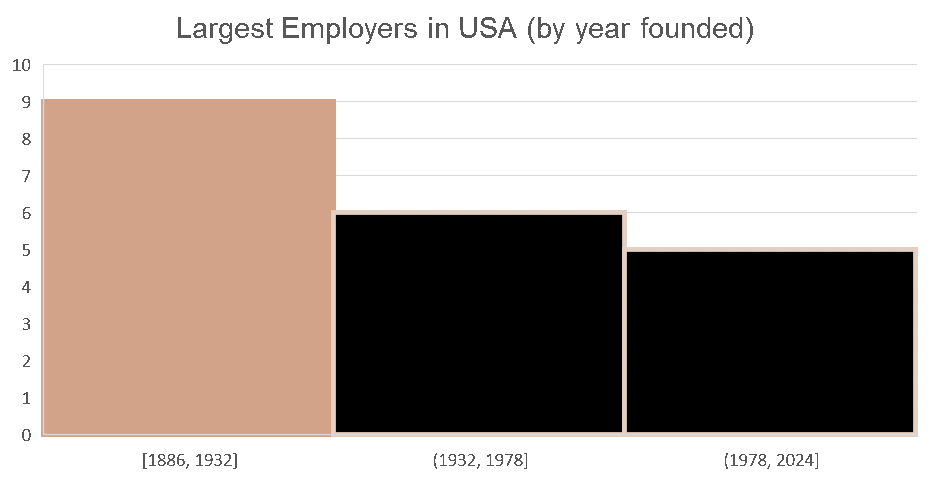A Quick Note on "Buying Black"
I got an Etsy marketing email recently that felt both insulting and insightful. Its subject line read, “Shop small. Buy Black.” And I thought huh…that’s all that’s expected of us?
Do we really still think we can “Buy Black” or “Black-Owned” our way out of racial inequity?
Every Black History Month (and now, every Juneteenth), we’re gonna see a slew of pleas to support Black-owned brands. You know, to make up for the whole transatlantic slave trade thing. Since 1915 we’ve been celebrating the small wins we’ve made accomplishing what’s usually unattainable for Black people.
But with a whole century passed since Carter G. Woodson started this thing, it’s time for Black people to stop thinking small. I’m sure we know this, somewhere in our subconscious. Most of us are doing the best we can with what’s available. However, everything about the “buy black” movement is designed to keep our piece of the American dream pie as small as possible. Even with campaigns like Buy the Block and Seed at the Table, the slices on our plates are barely visible.
We would need colossal beasts with excessively large teeth to sink into what’s left on the table of American capitalism. Think Amazon or bust. If you look at the companies that employ the people, there’s a clear statement about why size matters.
These are some of the top 50 Fortune 5000 companies, and zero are Black-owned. The largest Black-owned company in the U.S., World Wide Technology, only employs 1.8% of the employees working at the largest tech company on this list. We break into coveted industries, and we earn valuations of unicorn status (> $1 billion), yet if it were up to us we couldn’t solve the biggest obstacle to financial stability in Black communities.
The good news is that the Black unemployment rate for people 16 and 54 years old dropped since the pandemic started. The bad news is that it still remains double the rate of white Americans’ unemployment rate in 2021.
Source: Bureau of Labor Statistics.
George Floyd protests and kente-cloth-draped kneeling aside, the promises of the largest corporations haven’t closed the gap far enough to make financial or racial inequity nonexistent. And I’d argue that “Shop Small, Buy Black” slogans are a hint they want to shrink our progress even further.
Again, from just a small sample of Fortune 5000 companies we see that most of them took generations to build a cushion firm enough to reliably afford a large employee headcount.
We have to go bigger with our wins this Black History Month. As much as I see the pursuit of capitalism as more oppressive than liberating, I have a hard pill to swallow. Small Black-owned businesses are a small drop in the financial gain that needs to rain down and flood Black communities to increase Black wealth and purchasing power.
We can’t waste another year celebrating small.




